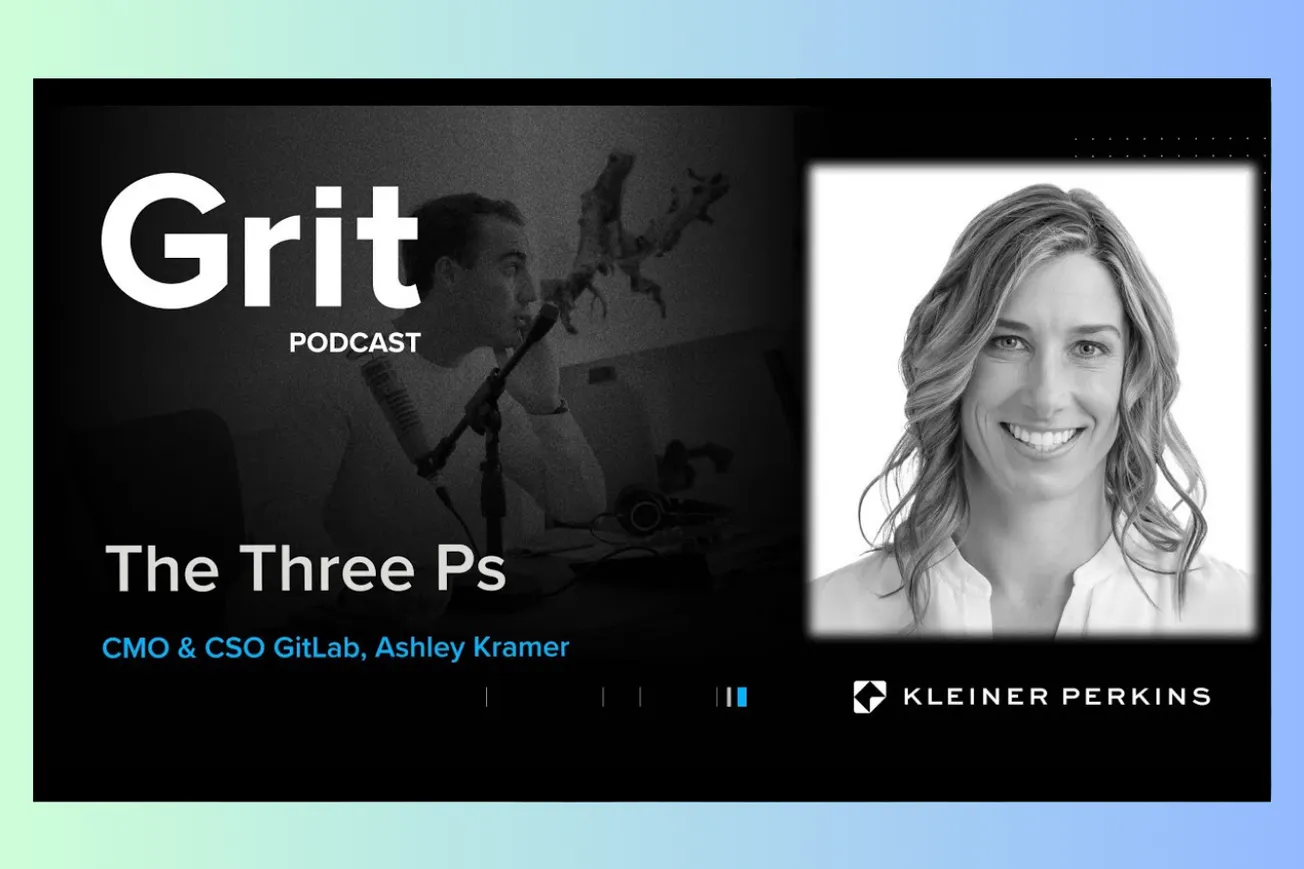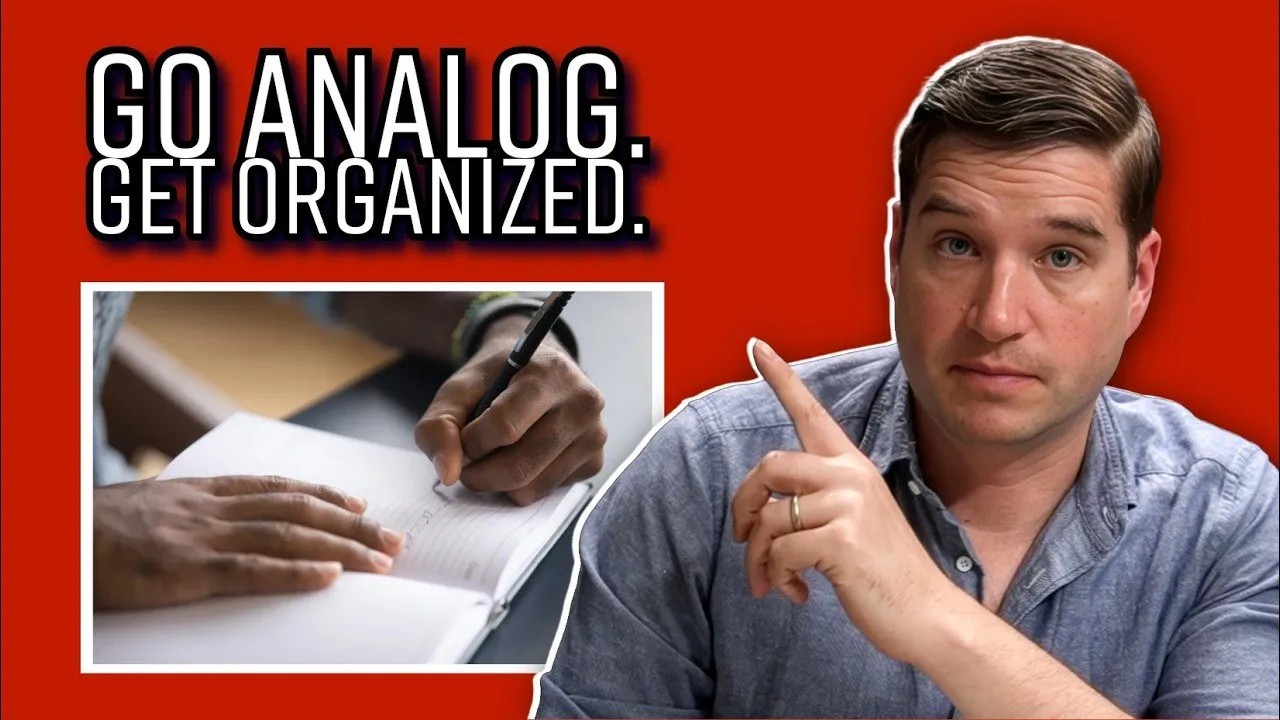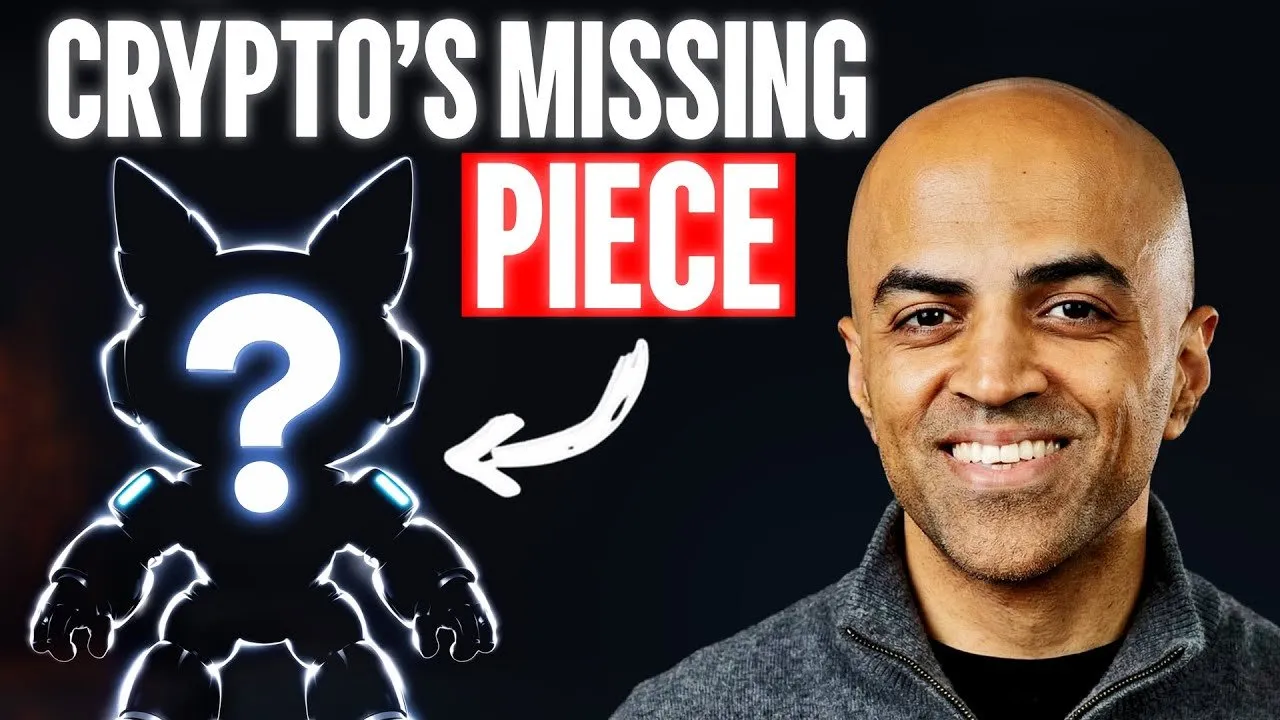Table of Contents
GitLab CMO & CSO Ashley Kramer reveals how she learned to balance perfectionist tendencies with team empathy while mastering the art of scaling companies through their most vulnerable growth phase.
Ashley Kramer, CMO and Chief Strategy Officer at GitLab, explains how perfectionist leaders can build high-performing teams without crushing people who don't share their relentless ambition.
Key Takeaways
- Companies fail CEO interviews when they forget to sell candidates after putting them through rigorous evaluation processes
- The "awkward teenager" phase after IPO requires specialized scaling skills as companies face public scrutiny without operational maturity
- Perfectionist leaders must learn that not everyone wants their job or shares their ambition—and that's actually valuable for team stability
- Radical transparency, like GitLab's public handbook approach, creates accountability but requires adaptation for public company compliance
- Multiple executive titles work only in small companies where context switching doesn't prevent deep focus on complex problems
- Post-IPO companies attract top talent more easily due to brand recognition, creating hiring advantages over earlier-stage competitors
- Skip-level meetings build connection and insight when leaders ask "How's it going?" and let employees guide the conversation
- Effective networking means becoming someone worthy of being networked with rather than constantly reaching out to others
Timeline Overview
- 00:50–04:36 — CEO Ambition Origins: From being told "you're going to be a VP someday" while firing someone to recognizing strategic oversight appeal and turning down multiple CEO opportunities
- 04:36–07:16 — Three P's Evaluation Framework: People alignment, Passion for the space, and Product quality as criteria for evaluating company opportunities
- 07:16–10:28 — Post-IPO Specialization: Why Kramer targets companies right after going public during their "awkward teenager" phase requiring rapid operational maturity
- 10:28–12:06 — Scaling vs Building Distinction: Preference for putting systems in place rather than starting from zero, complementing skill sets for companies winning despite themselves
- 12:06–16:35 — Job-Hopping Career Philosophy: Three-to-four-year cycles driven by boredom and learning appetite, defending frequent moves to family members from different career era
- 16:35–19:17 — Competitive Family Culture: Daily conversations with speech pathologist mother, ping pong tournament intensity, and perfectionist tendencies driving career achievement
- 19:17–21:36 — Perfectionism Management: Four-day obsessions over minor presentation flaws, learning to recognize and overcome self-defeating thought patterns
- 21:36–26:21 — Leadership Empathy Development: Discovering not everyone wants advancement, learning to calibrate expectations based on individual motivations and demotivators
- 26:21–32:08 — Public Speaking Mastery: Three-month keynote preparation process, dealing with pre-speech nerves, representing team accomplishments rather than personal performance
- 32:08–35:49 — Engineering to Product Transition: Amazon recruiter recognizing product management fit, discovering preference for customer interaction over computer programming
- 35:49–38:54 — Dual CPO-CMO Role Experiment: Negotiating unprecedented title combination at Sisense, managing specialized days for each function, learning context switching limitations
- 38:54–44:59 — Multi-Title Management Challenges: Representing different constituencies in executive meetings, relying heavily on VP-level leaders, time allocation struggles
- 44:59–47:20 — GitLab's Transparency Culture: Public handbook documentation, calendar surfing among employees, co-founder Sid's radical openness setting company standards
- 47:20–51:28 — Public Company Adaptation: Legal team creating "safe framework" for material non-public information, maintaining transparency while meeting regulatory requirements
- 51:28–56:08 — Interim CTO Experience: Five-month stint managing engineering team, building relationships across technical organization, succession planning importance
- 56:08–58:20 — Founder vs Hired CEO Differences: Working with operational efficiency-focused hired executives versus product-passionate founders, cultural transition management
- 58:20–01:01:15 — Tough Feedback Integration: Learning to balance high standards with empathy, avoiding pattern of dropping people who don't meet perfectionist expectations
- 01:01:15–01:08:58 — Work-Life Balance Evolution: Personal goal-setting around family time, career ambition impact on relationships, making conscious trade-offs
The Three P's: A Framework for Evaluating Company Opportunities
Ashley Kramer's approach to career moves centers on three critical evaluation criteria that have guided her through multiple successful transitions at high-growth technology companies.
- People alignment focuses on cultural fit and working relationships, particularly with direct managers and executive teams
- Passion for the space ensures genuine interest in the industry and problems being solved rather than just career advancement
- Product quality provides marketing advantages when promoting solutions that genuinely fill market gaps and deliver customer value
This framework emerged from her experience at Tableau Software, which she describes as having the best culture she's ever experienced, making her appreciate the importance of finding similar environments rather than optimizing purely for title or compensation.
Mastering the Post-IPO "Awkward Teenager" Phase
Kramer has specialized in joining companies immediately after their initial public offerings, a phase she describes as when organizations must "grow up fast" under public scrutiny without time to correct operational deficiencies.
- Public market pressure creates urgency around operational excellence that private companies can delay or ignore
- Scaling systems becomes critical as companies can no longer rely on informal processes and tribal knowledge
- Pattern recognition from seeing multiple companies navigate this transition provides valuable expertise for similar challenges
- Founder challenges emerge as many CEOs experience their first time managing public company responsibilities
Her expertise in this specific growth phase makes her valuable to companies facing the unique challenges of maintaining startup agility while meeting public market expectations.
Learning That Not Everyone Wants Your Job
One of Kramer's most important leadership lessons came from an Alteryx employee who directly challenged her assumption that high performers naturally aspire to advancement and increased responsibility.
- Career path assumptions often reflect personal ambition rather than understanding individual employee motivations and life priorities
- Work-life balance preferences mean some talented people prefer stability and predictable schedules over advancement opportunities
- First conversation strategy now involves explicitly discussing career goals, motivations, and demotivators with new team members
- Mutual calibration allows both manager and employee to understand expectations and work together more effectively
This insight fundamentally changed how she approaches team development and performance management, reducing turnover and improving job satisfaction.
GitLab's Radical Transparency Culture
GitLab's approach to organizational transparency extends far beyond typical corporate communication, creating a culture where nearly everything is publicly documented and accessible.
- Public handbook contains detailed operational procedures, meeting protocols, and decision-making frameworks
- Calendar transparency allows employees to see each other's schedules, including executives' personal commitments
- Open contribution model enables global community to contribute to both product development and organizational processes
- Regulatory adaptation required creating frameworks for material non-public information while maintaining cultural transparency
This level of openness creates accountability and inclusion but requires significant adaptation for leaders accustomed to more traditional corporate privacy norms.
The Challenges of Multiple Executive Titles
Kramer's experience holding concurrent CPO and CMO roles at Sisense revealed both the benefits and limitations of consolidating traditionally separate executive functions.
- Silo elimination improves coordination between product development and marketing messaging when both report to the same leader
- Time allocation problems emerge when each function receives only partial attention from the executive
- Context switching difficulties prevent deep focus on complex problems requiring sustained concentration
- Team satisfaction issues develop when leaders feel underserved due to divided executive attention
Her conclusion that this model works only for smaller companies reflects the specialization requirements that emerge as organizations scale.
Building Credibility as a Strategy Officer
The Chief Strategy Officer title serves primarily to establish credibility with customers in technical domains where marketing leaders typically lack access to decision-makers.
- Customer access improves when strategy officers can discuss roadmaps and technical direction with enterprise buyers
- Former customer experience at Alteryx provides authentic stories about GitLab's problem-solving capabilities
- Sea-level conversations become possible when representing broader organizational perspective beyond marketing
- Partnership discussions require technical credibility that pure marketing roles don't typically provide
This approach demonstrates how title strategy can solve practical business development challenges in technical markets.
Managing Perfectionist Tendencies in Leadership
Kramer's perfectionist nature, while driving personal achievement, initially created team management challenges that required conscious adaptation and feedback integration.
- Four-day obsessions over minor presentation issues illustrate how perfectionism can become counterproductive
- Recognition strategies help identify when obsessive thinking patterns begin affecting decision-making and team dynamics
- Feedback integration from managers like Adam Selipsky taught the importance of balancing high standards with empathy
- Team impact awareness prevents perfectionist leaders from inadvertently creating fear-based cultures
Learning to channel perfectionism constructively while avoiding its negative team effects represents ongoing personal development work.
The Interim CTO Experience
Taking on GitLab's CTO role temporarily provided unexpected benefits for a marketing-focused executive, demonstrating the value of cross-functional leadership experience.
- Engineering relationships developed through direct management create lasting collaboration benefits
- Technical credibility improves when marketing leaders understand product development challenges firsthand
- Succession planning ensures organizations can maintain continuity during executive transitions
- Skill expansion broadens leadership capabilities beyond traditional functional boundaries
This experience illustrates how ambitious leaders can benefit from temporary assignments outside their core expertise areas.
Founder vs. Hired CEO Dynamics
Working with both founder CEOs and hired executives revealed distinct differences in leadership styles, priorities, and organizational impact approaches.
- Founder passion typically centers on product vision and customer problem-solving, sometimes at the expense of operational efficiency
- Hired CEO focus emphasizes operational excellence, scalability, and metrics-driven performance management
- Cultural transition requires careful management when moving from founder-led to professional management structures
- Change communication becomes critical when implementing new processes that alter established company culture
Understanding these differences helps executives adapt their working styles to complement different CEO approaches effectively.
Effective Skip-Level Meeting Strategies
Kramer's approach to skip-level meetings prioritizes relationship building and employee empowerment over information gathering or agenda-driven discussions.
- Open-ended questions like "How's it going?" allow employees to guide conversation topics toward their priorities
- Time ownership gives employees control over limited executive access rather than imposing predetermined agendas
- Informal atmosphere reduces intimidation by explicitly welcoming personal topics alongside professional concerns
- Trust building occurs when executives demonstrate genuine interest in employee perspectives and challenges
This approach creates psychological safety while providing insights that traditional reporting structures might miss.
Conclusion
Ashley Kramer's career demonstrates how high-achieving perfectionists can evolve into empathetic leaders without sacrificing performance standards. Her experience scaling post-IPO companies provides valuable insights for executives navigating similar organizational transitions.
The key insight from her journey: effective leadership requires balancing personal drive with understanding that team members have different motivations and career aspirations—and that diversity of ambition actually strengthens organizational stability.
Practical Implications
- Implement the Three P's framework when evaluating new opportunities: People, Passion, and Product alignment
- Specialize in specific growth phases rather than trying to be effective at all company stages
- Have explicit career conversations with team members about their goals and motivations early in working relationships
- Create transparency frameworks that build trust while meeting compliance requirements
- Use skip-level meetings for relationship building rather than status updates or agenda-driven discussions
- Recognize perfectionist patterns before they negatively impact team dynamics and performance
- Consider temporary cross-functional roles for leadership development and organizational knowledge
- Balance high standards with empathy by understanding individual team member priorities and life circumstances
- Build credibility strategically through titles and experience that provide access to key customer decision-makers
- Network by becoming valuable rather than constantly reaching out to others for opportunities





